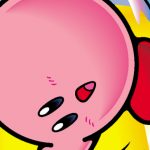Nintendo is making the Switch an extremely exciting place for both gamers and devs.
There’s been a massive wave of indie love and support for the Nintendo Switch. Everyone wants every game to come to Switch, and that desire is shared by many of the game developers out there making them as well. But the Switch didn’t just stumble into being one of the best places for new games – we spoke to a number of the indie devs showcased in this week’s Nindie Direct, and all of them gave credit to Nintendo itself for putting in the effort to make it that way.
If you ask Kirk Scott, Nintendo of America’s Manager of Publisher-Developer Relations (and all-around Nindie guy), you wouldn’t think what they are doing is such a big deal. “I think what Nintendo is doing specifically to support the indie devs is just making ourselves more available,” Scott told me. When you put it that way, it sounds simple, but Scott explained that they have a whole team dedicated to finding, elevating, and supporting great indie games – and the active support they provide is, in reality, a very big deal.
After the announcement that Cuphead would be coming to Switch next month, StudioMDHR’s Jared Moldenhauer told me it was a “really enjoyable” and smooth process to work with Nintendo. “There’s only so much you can do with as many games are coming out now,” Moldenhauer said, “but it’s nice to see how much effort [Nintendo] put into supporting [indies] as much as humanly possible.”
“
“[Nintendo] see the innovation in games, and they just love the creation and the artistic process and want to show those.” – Lindsey Rostal, Timberline Studio
Timberline Studio worked with Nintendo to announce its first game, The Red Lantern, during the Direct as well, and Game Director Lindsey Rostal similarly said that Nintendo was nothing but supportive. “They see the innovation in games,” Rostal said, “and they just love the creation and the artistic process and want to show those.” That support is tangible too, as Rostal explained that “taking [indie devs] to interviews, helping to put us front and center is really important to know you have that support.”
Netflix’s Chris Lee again echoed that Nintendo has been extremely supportive with Stranger Things 3: The Game, and that it’s been “amazing” to work with them. David Pottinger, CEO of Stranger Things 3 developer BonusXP, said part of that positive experience is that “they make it easy to get on the platform,” and the innate perks of the Switch, like mobility and easy couch co-op, continue to draw more third-party devs toward the Switch even if may not have as much raw power as other consoles.
As the Switch eShop grows, Nintendo has miraculously managed to maintain an associated level of quality that comes with being marked a “Nindie” – a label both Pottinger and Rostal likened to Nintendo’s old “Seal of Quality.” Lee explained that “people will enter [the eShop] and know that whatever is available there has been filtered and curated,” also pointing out that, for other platforms, “when there isn’t that filter discoverability becomes a huge problem.”
That’s a sentiment shared by Rostal and Moldenhauer too, and one that seems hyper-relevant at a time where Steam went in the opposite direction with less curation and has been met with scandals and usability issues as a result. Pottinger’s explanation for why Nintendo hasn’t suffered the same fate despite the tidal wave of games coming to Switch is fairly simple: “One of the ways Nintendo maintains quality when you look at the games they’re bringing to Switch and you look at the games they’re promoting is honest-to-goodness effort.”
“
“Nintendo is the type of company that believes in indie games.” – Jared Moldenhauer, StudioMDHR
“It just takes effort” Pottinger reiterated. “You can’t get good curation without that.” Scott tells me that the Nindie team at Nintendo will ”actively seek out great content and great developers” constantly, and that finding the right stuff to elevate in a Nintendo Direct is a matter of both good timing and “a lot of hard work from our team.”
Rostal said she believes that Scott and his team members “genuinely love” to find and elevate games that might otherwise be overlooked, and that she thinks “they take as much pride finding the diamond in the rough as they do any more company-wide announcement.” And while past systems like the Xbox 360 or PS Vita have certainly offered indies a large amount of support in the past, both she and Moldenhauer seem to think Nintendo’s passion is different this time.
“You need to have faith in a company that actually looks for and finds a way to get the most interesting games out there and get them in player’s hands,” Moldenhauer said, continuing by emphasizing that “Nintendo is the type of company that believes in indie games.” Rostal said that the “indie enthusiasm around the Switch is something that we’ve all rallied behind as an industry,” as well.
Moldenhauer said that the Switch being both a mobile device and a console means gamers don’t have to choose, which gives a “better opportunity for small developers to have their games played more and more often.” The hybrid nature of the Switch was mentioned to me by a lot of devs, and it’s not hard to see the delight that explodes online any time a traditionally console-based series like Wolfenstein or Mortal Kombat suddenly becomes playable on the go, making it a system as appealing to developers as it is players.
“
“It’s definitely a bucket list item to have your game come out on a Nintendo device.” – David Pottinger, BonusXP
But it’s not just hardware and Nintendo’s dev support that is making the Switch one of the best places for new games, it’s also the nostalgia of Nintendo at work. Every single dev I spoke to mentioned this sort of intangible excitement around having their game on a Nintendo system. Scott said that doing things like putting Hollow Knight in their E3 Direct last year “gives the two-man teams hope,” and that hope clearly touches on the deeper idea of those two-man teams having Nintendo vouch for them.
Pottinger said that hearing their game would be a Nindie was one of the best moments he’s had with his team. Not only for the seal of approval it represented, but also because “it’s definitely a bucket list item to have your game come out on a Nintendo device.” Likewise, Stosal said finding out “you’re going to be a Nindie is kind of incredible.”
Moldenhauer had the same excitement. “Something like this is what you dream of,” he explained. “Everything as a kid, knowing the old video game gods of Sega and Nintendo, that you finally got to be on the one that’s still alive, there’s nothing quite like that experience.” Many of the indie devs now were the gamers playing Nintendo systems before PlayStation or Xbox even existed, and that magical nostalgic feeling persists decades later.
Rostal specifically said that “a lot of us grew up playing these games on Nintendo, and it’s always been a dream of us to be a part of that.” She continued by saying that “there is that feeling like ‘I want to have my game there because my childhood was there and they’re continuing to build this for new childhoods.’” Getting the Nindie stamp isn’t just marketing power and dev support from Nintendo, its further proof that, as Scott said, there’s hope for even the smallest teams.
Scott told me that the Switch simply “creates an avenue for indie developers to launch their games,” and that “it’s up to the indie developer to decide how that changes the industry.” To his point, little of what Nintendo is doing here is fundamentally new or revelatory within the industry. But the developers we spoke to made it clear that even if it’s up to them to make great new games, the veracity and passion Nintendo has for elevating indie games on Switch is making waves just the same.
Tom Marks is IGN’s Deputy Reviews Editor and resident pie maker, and he is ready for everything on Switch. You can follow him on Twitter.
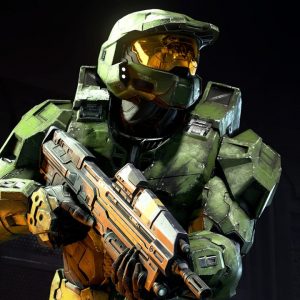
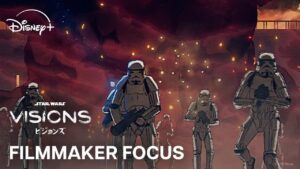
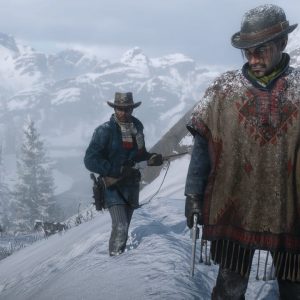
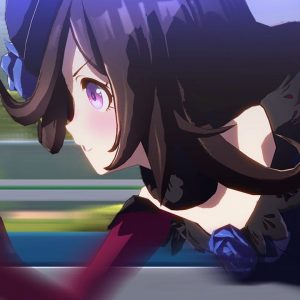

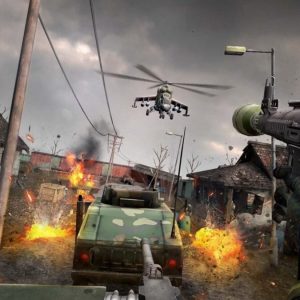
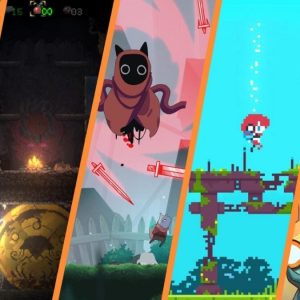
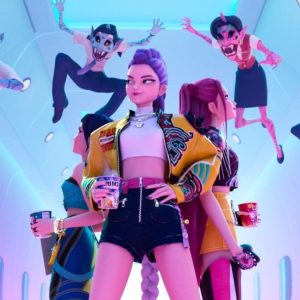
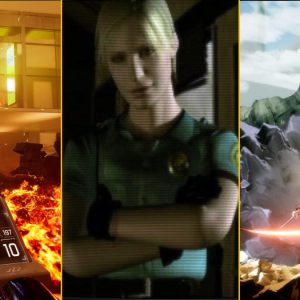
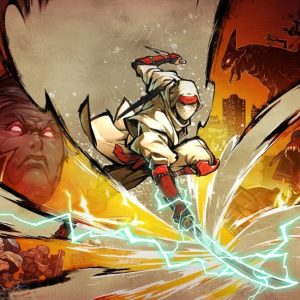





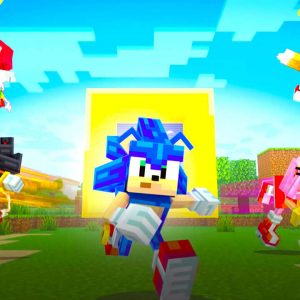
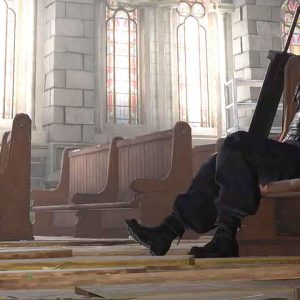
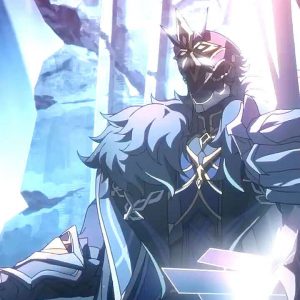
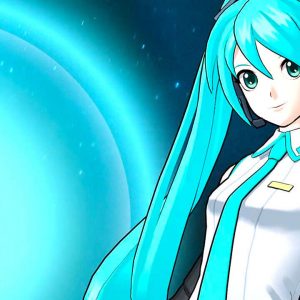
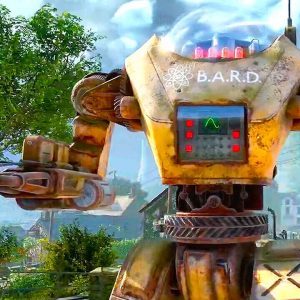

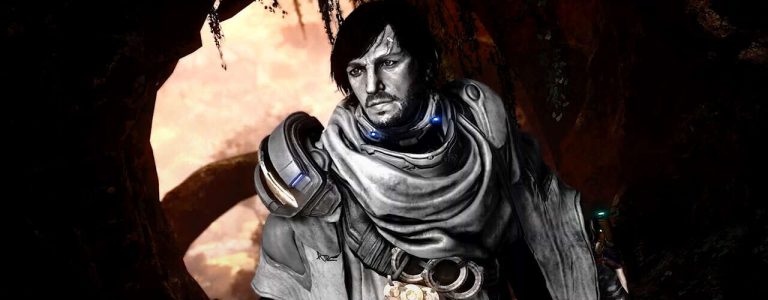

-150x150.jpg)
